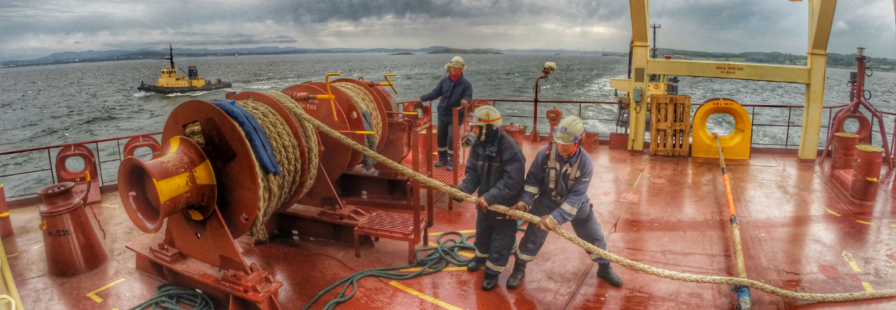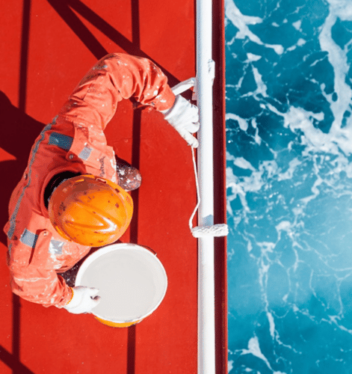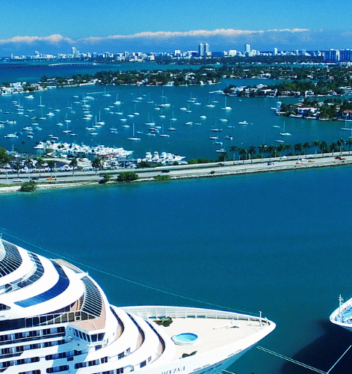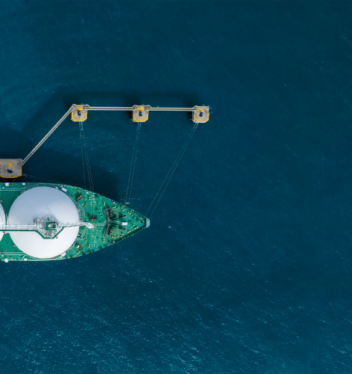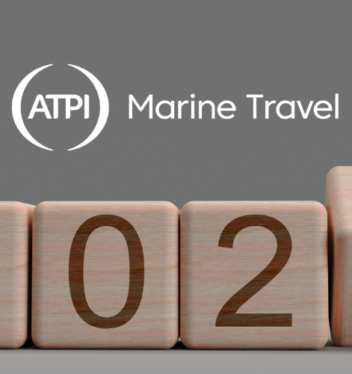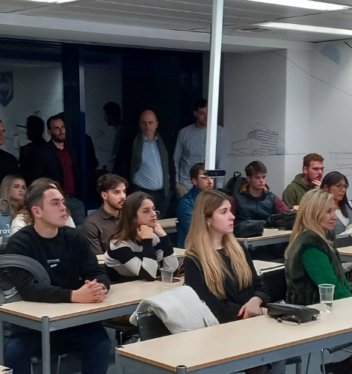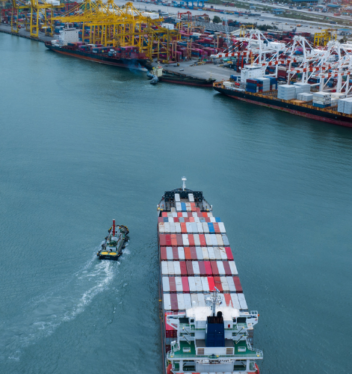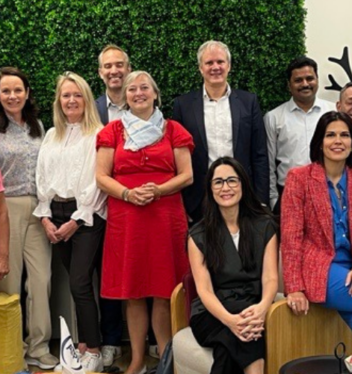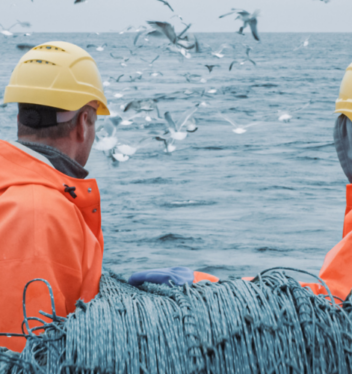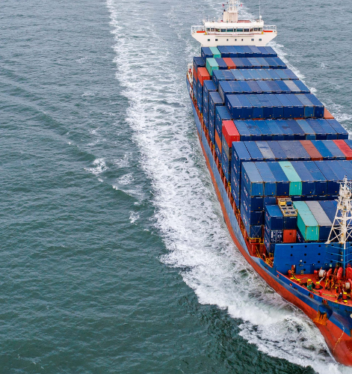Part two goes into greater detail about how ISWAN assists seafarers and the significance of the work.
1. How does ISWAN provide support and assistance to seafarers who are dealing with mental health issues or other personal problems?
Our free, multilingual helplines, including SeafarerHelp and Yacht Crew Help, provide support and assistance to seafarers and their families, 24 hours a day, 365 days a week. These services are completely confidential. Our helpline team speaks several languages so that seafarers can communicate in their native language and is trained in emotional support, listening skills and suicide risk assessment. We can refer certain cases to ISWAN’s teams in the port or country where the seafarer is located to offer local humanitarian support. We have also produced a series of Good Mental Health Guides which share tips and coping strategies to help seafarers take care of their mental wellbeing at sea.
2. Can you share some examples of successful projects or initiatives that ISWAN has implemented in the past to improve the wellbeing of seafarers?
Our Social Interaction Matters (SIM) Project has produced actionable guidance and recommendations for shipping and ship management companies, seafarers and other maritime stakeholders to improve opportunities for crew to socially interact on board. The project has been recognised by the shipping industry for its innovative approach to promoting seafarer wellbeing and our SIM Project trials have led directly to us developing the project as a long-term initiative for ISWAN.
In 2018, we conducted a research project focused on the welfare of superyacht crew, with an aim to gain a better understanding of their welfare needs and challenges, as they work in a unique and often isolated environment. In response to the findings, we launched Yacht Crew Help, with the aim to provide a range of resources and support services to superyacht crew, including a free, 24-hour helpline. This initiative has been well-received by the superyacht industry and has helped to raise awareness of the welfare needs of crew members.
We also deliver Maritime Mental Health Awareness (MMHA) training, which helps participants to recognise early signs of crew who may be struggling and to develop the skills needed to respond effectively. The training continues to receive great praise from those who have participated, including seafarers and those responsible organisations that have continued to engage. We have recently partnered with BSM to provide company-wide MMHA training to 3,500 officers over the next two years.
3. How important is the support of organisations like ATPI in enabling ISWAN to carry out its mission effectively?
ISWAN is a network of international organisations and companies committed to improving the welfare of seafarers. Our members’ knowledge and expertise help us to identify and tackle the key issues facing seafarers today, and the growth of our network enables us to continue assisting seafarers and their families worldwide and influencing positive change across the maritime industry.
ATPI’s position in the industry offers a unique perspective and creates new opportunity to further awareness of ISWAN and the services we offer to seafarers. We believe the addition of such a progressive and prestigious company to our community will further elevate the profile of the seafarer and increase awareness of ISWAN’s crucial services. We want to showcase the benchmarks being set by our members to educate and inspire others to follow higher standards of seafarer welfare practice.
Photographer: Ryan Paez
